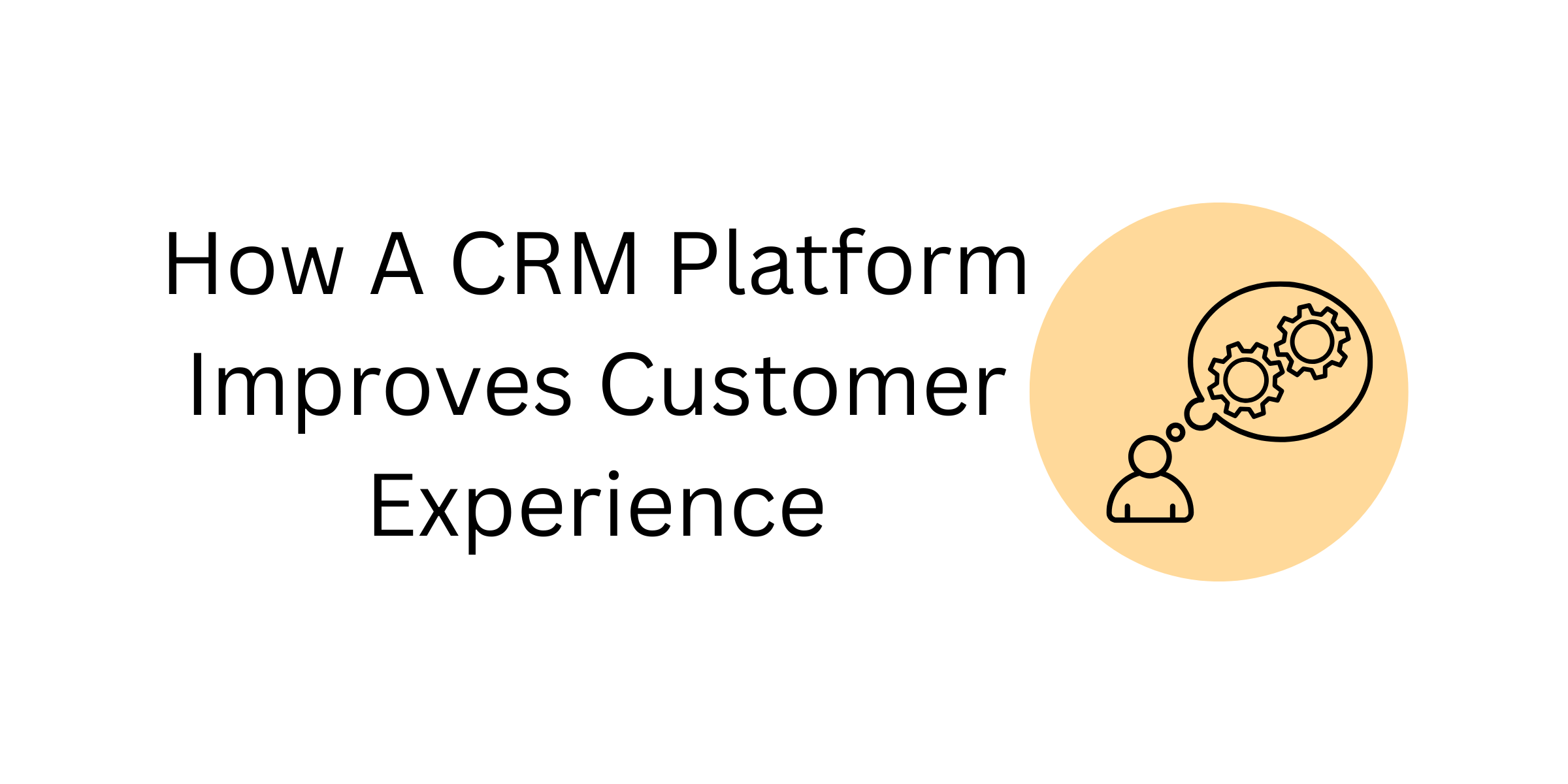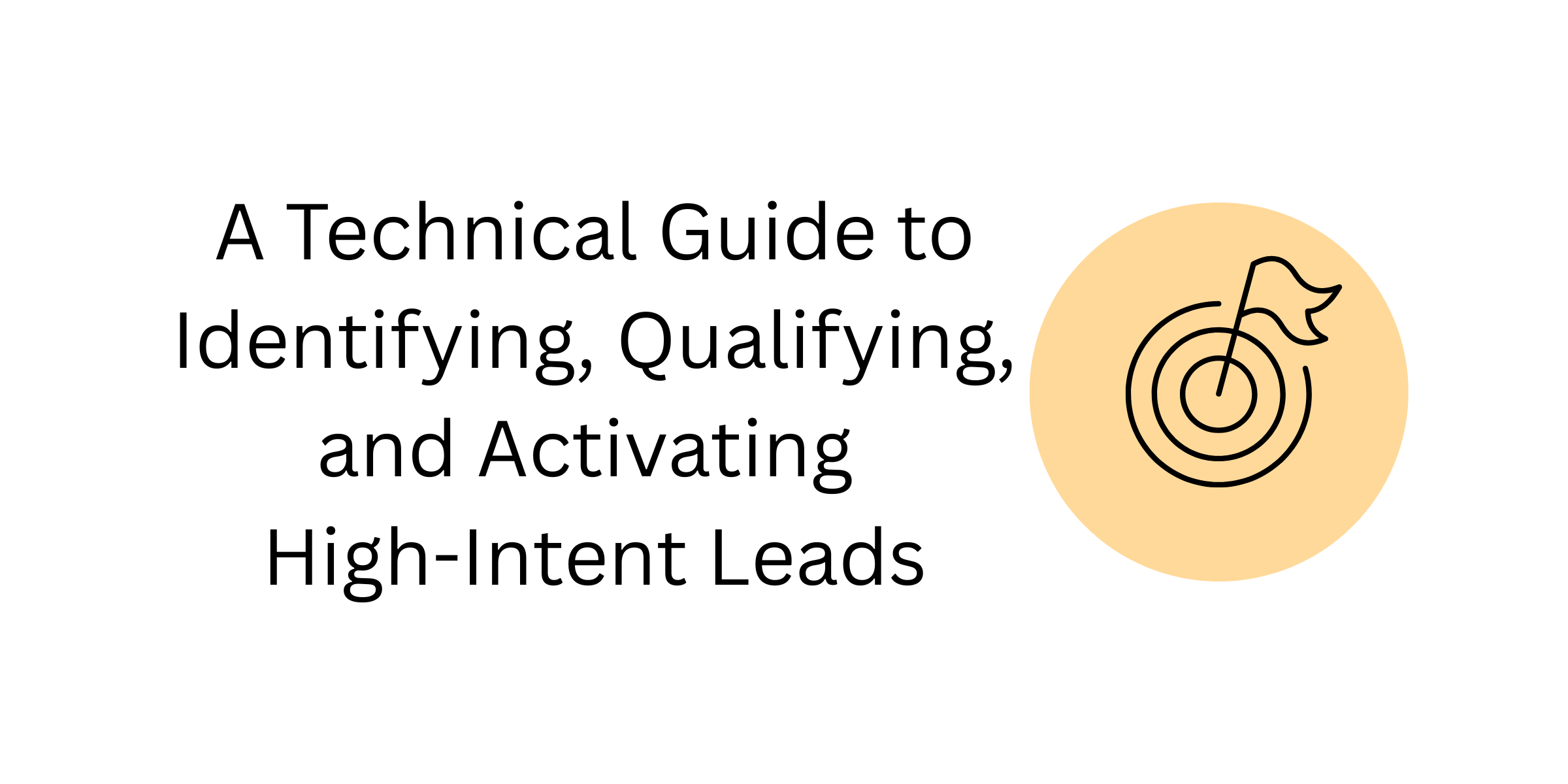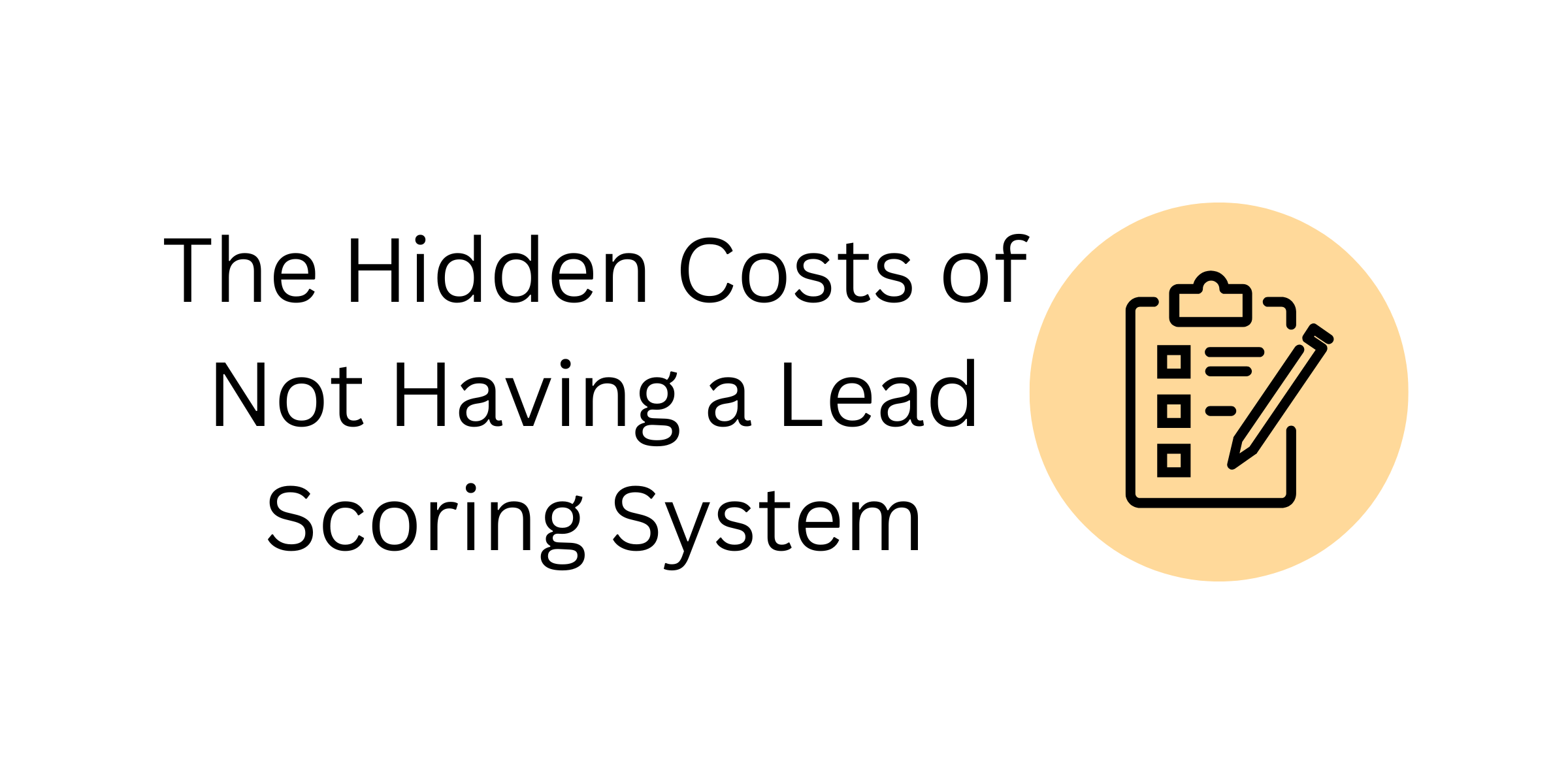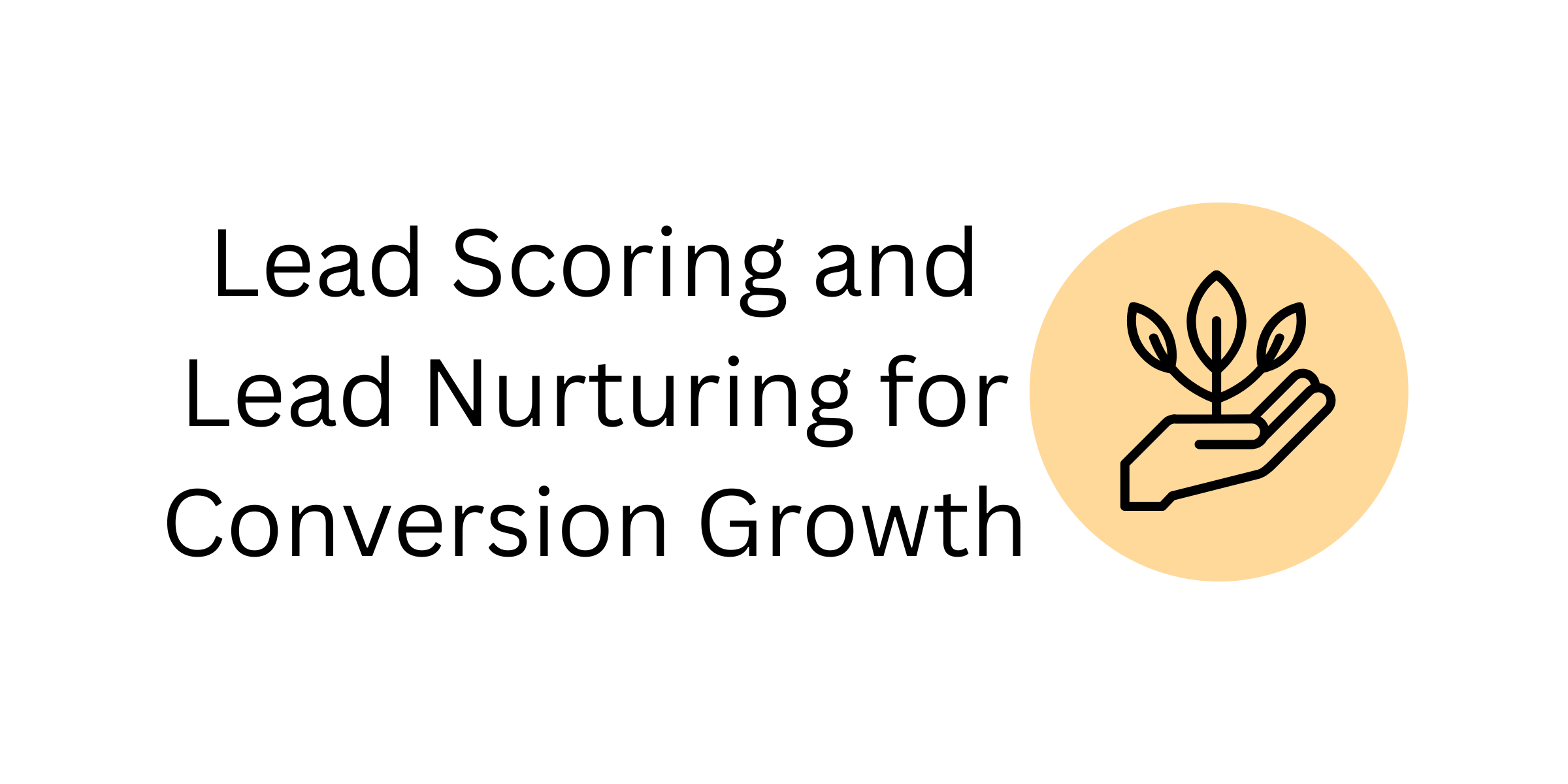How A CRM Platform Improves Customer Experience

How A CRM Platform Improves Customer Experience



In today’s hyper-competitive market, products and prices are no longer the only battleground. Customer experience (CX) is a key differentiator, and businesses that can deliver consistent, personalized, and seamless interactions will win customer loyalty.
If you're at the stage of evaluating CRM solutions, you're probably asking:
How will a CRM system improve the experience for my customers, not just make things easier for my team?
This blog breaks down exactly how a Customer Relationship Management (CRM) system can transform your customer experience, from first touch to long-term loyalty.
CRM and CX: Why It Matters Now More Than Ever
You already know what a CRM system does:
- It stores customer data,
- tracks interactions,
- and helps your teams stay organized.
But for decision-makers like you, the real question is:
Can this tool actually help us treat our customers better?
Short answer: Yes. A well-implemented CRM system doesn't just benefit your internal operations. It directly impacts how your customers feel about your brand.
Let’s dive into how.
1. Personalization at Scale
Today’s customers expect brands to know them. Generic emails and cold calls are out. With a CRM system, personalization becomes effortless:
- Customer data (name, preferences, past purchases) is stored in one place.
- Targeted campaigns can be built around specific behaviors or lifecycle stages.
- Sales reps can reach out with relevant offers—not just generic pitches.
A personalization at scale example
A returning customer browses winter jackets. Your CRM system triggers a follow-up email with a special discount on jackets in their size and preferred color. This means customers feel understood, not sold to.
2. Faster, More Contextual Support
Customer frustration often stems from poor support experiences, e.g. being passed between departments, repeating information, or waiting endlessly for resolutions.
With a CRM system, your support team has full visibility into each customer’s journey:
- Previous interactions, purchases, and complaints are logged.
- Support tickets can be prioritized and routed intelligently.
- Agents respond faster and more effectively.
Integrate your CRM system with your helpdesk or chatbot for even smoother service. This means customers get help faster, and with context, which builds trust.
3. Proactive Engagement
Rather than waiting for customers to reach out with problems or needs, a CRM system helps you anticipate them:
- Trigger alerts when a customer hasn’t logged in recently.
- Automatically remind clients of upcoming renewals.
- Offer personalized upsells based on recent behavior.
Automation tools within your CRM system make this scalable, without losing the human touch. This means customers feel like you’re one step ahead, not one step behind.
4. Seamless Experience Across Departments
When sales, marketing, and customer support use different tools or don’t communicate, customers suffer. They get mixed messages or repeat themselves at every stage.
A CRM system creates a single source of truth for customer data:
- Everyone sees the same information.
- Handoffs between teams are seamless.
- Messaging remains consistent.
This results in customers experiencing your business as one unified team, not a siloed mess.
5. Better Customer Journey Mapping
Want to improve your customer experience? First, you need to understand it.
CRM systems provide full visibility into each customer’s lifecycle:
- What channel brought them in?
- When did they purchase?
- Are they engaging with your brand post-sale?
This data helps you refine every touchpoint, from onboarding to loyalty campaigns. Meaning you design better journeys, and remove friction before it affects CX.
6. Data-Driven Decision Making
Your CRM system doesn’t just collect data—it turns it into actionable insights.
- Identify your happiest (and unhappiest) customers.
- See which campaigns drive engagement.
- Analyze response times and CSAT scores.
This means you can stop guessing what customers want and start knowing.
7. The Role of RevOps: Aligning CRM systems, CX, and Revenue Growth
One of the most strategic ways CRM systems enhance customer experience is through Revenue Operations (RevOps). RevOps is all about aligning sales, marketing, and customer success around shared goals, and your CRM system makes that alignment possible.
When RevOps is powered by a well-implemented CRM system, it ensures that every customer interaction is not just personalized, but also connected to measurable business outcomes. For example, marketing knows what kind of leads convert best, sales can track pipeline velocity with full context, and customer success can proactively reduce churn using real-time data. The result? A smoother, more consistent customer experience that directly drives revenue growth.
A CRM system is the operational backbone of RevOps, and RevOps is how you scale great CX.
8. Real-World Impact: What Success Looks Like
Many businesses see a measurable impact after adopting a CRM system:
- Higher customer satisfaction scores
- Faster support resolution times
- Increased retention and repeat business
These aren’t just numbers, they’re signs that your customers are having a better experience at every stage.
Final Thoughts: CRM as a CX Power Tool
When you’re this close to making a CRM platform decision, it’s not just about features; it’s about outcomes.
A great CRM platform doesn’t just help your team stay organised, it helps you treat every customer like your most important one.
From personalization to proactive service, consistency to insights, a CRM platform is your engine for delivering a customer experience that drives loyalty and growth.
Ready to Transform Your CX?
Your next move matters. Let’s help you make it count.
- Book a personalized demo to see how our CRM systems improve real-world customer experiences.
- Talk to our team to map your customer journey with our platform.
- Transform your customer experience.





